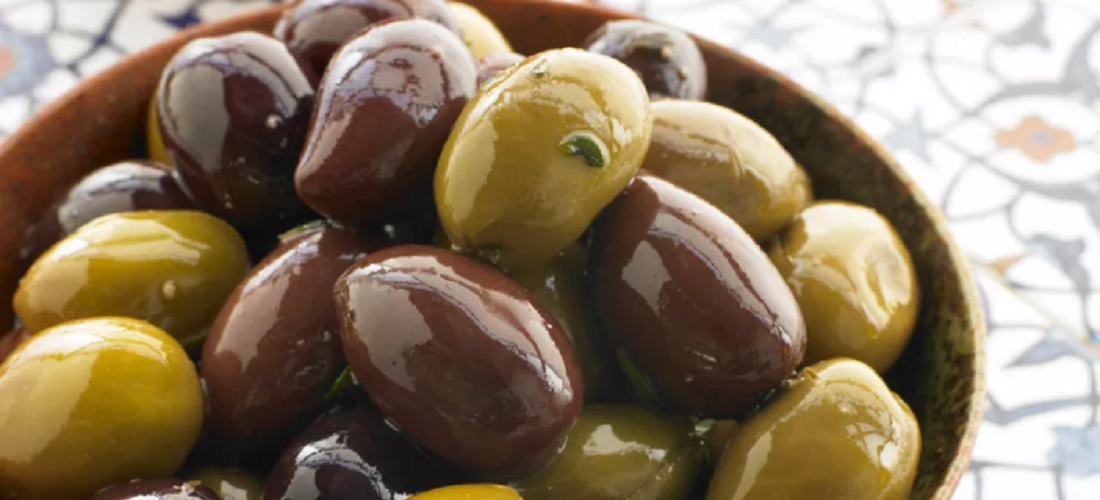
Arab nations are food suppliers to Brazil
May, 04, 2023 Posted by Gabriel MalheirosWeek 202321
The Arab countries are some of the food suppliers to Brazil. Last year, the Brazilian market imported USD 12.8 million worth in food and beverage goods, of which USD 117.7 million came from the Arab world, according to a survey by the Market Intelligence department of the Arab Brazilian Chamber of Commerce (ABCC).
The share is still small, at 0.9%, but food exporters from the region see Brazil as a giant market and have been increasingly interested in snatching up a larger share with their products, which range from olive oils to dates.
ABCC Marketing & Content director Silvana Gomes said distributors and retailers see the Arab products as a way to add novelty to the Brazilian market and are alternatives to established or saturated brands.
She believes the consumption of Arab foods in Brazil tends to grow in the following years, with Brazilians traveling more and more as tourists to the Arab countries, learning about their food habits and wanting to find in their own country the products tried in the region.
Gomes mentioned the increasingly popular Mediterranean and healthy diets in Brazil, which include many Arab products like dates and olive oils.
The top Arab food supplier to Brazil is Morocco, which accounts for over half of what the Latin American country buys from the region at 53.37%, followed by Egypt at 28.37%, Oman at 12.7%, Tunisia at 3.99%, Lebanon at 0.82%, the United Arab Emirates at 0.57%, Palestine at 0.24%, Somalia at 0.06%, Sudan at 0.05%, and others at 0.06%.
Brazil buys from Arab countries food items like frozen sardines, which account for 64%, followed by olives at 8% and oranges at 6%. Products imported from the region also include anise, dates, medicinal herbs, strawberries, pickles, olive oil, garlic, and onions.
Brazil as a consumer
Home to a population of 214 million residents, Brazil consumes USD 184.5 billion worth of food and beverage annually. Thus, despite gigantic domestic food production, the country’s market has room for imported products, too. The imports currently represent 7% of the food consumption in Brazil.
Brazil imports mainly wheat, frozen fish, malt, maize, wines, milk, vegetable oils, palm oil, pickled vegetables, and rice.
Gomes gave some tips to Arab exporters interested in this market. She said consumption is largely concentrated in large urban areas and takes place via major supermarket chains but there’s also a regional demand in the countryside and via other sales channels like emporiums, ecommerce, food service, small retail, and cash and carry.
For those working with more premium products, the Marketing & Content director recommends the use of online retail, where these products sell quite well, but also emporiums, which are a relevant marketing venue for such brands.
Source: Anba
Click on the following link to access the original news story: https://anba.com.br/en/arab-nations-are-food-suppliers-to-brazil/
-
Ports and Terminals
Apr, 09, 2024
0
For the first time, Porto Itapoá receives a 51-meter wide ship
-
Blog News (ENG)
Aug, 14, 2024
0
Rio’s Sepetiba Tecon Sets Historic Milestone with First New Panamax-Class Ship Docking
-
Other Cargo
May, 29, 2023
0
Brazil sees 66% increase in revenue from honey exports
-
Ports and Terminals
Nov, 07, 2023
0
Portos do Paraná Achieves Platinum Partner Status in Global Maritime Infrastructure Association

